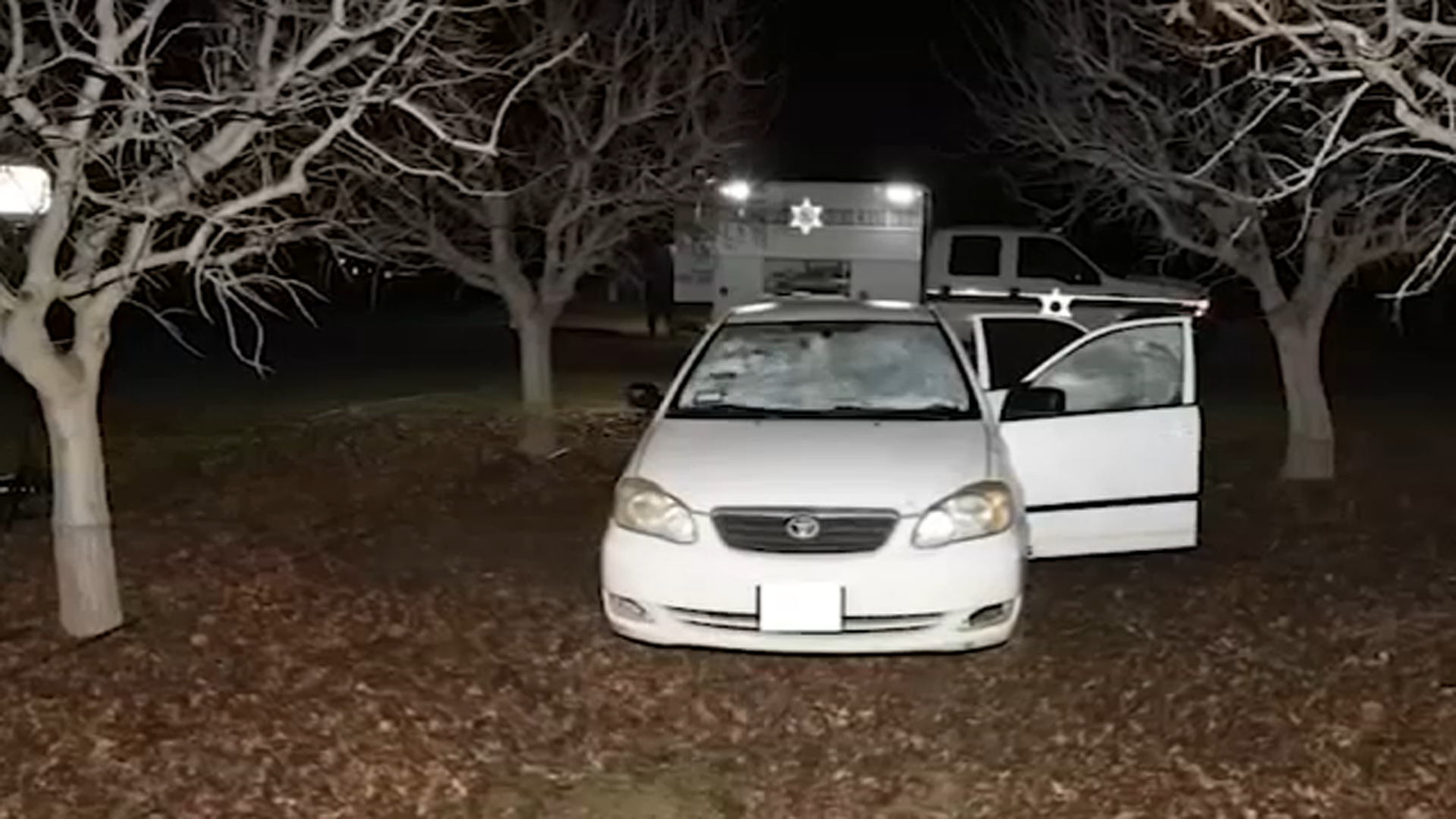The White House's evolving story on Comey's firing

The White House continues to revise its account of the sudden dismissal on Tuesday of FBI Director James Comey.
The White House initially said President Trump decided to fire Comey on the recommendation of Deputy Attorney General Rod Rosenstein, delivered earlier that day. But in an interview on Thursday with NBC News, Trump said he had decided to fire Comey "regardless" of what Rosenstein recommended.
"[Rosenstein] made a recommendation, but regardless of [that] recommendation, I was going to fire Comey," Trump said, contradicting what deputy press secretary Sarah Huckabee Sanders told reporters in multiple interviews.
At Wednesday's White House press briefing, ABC News' Jonathan Karl asked Sanders, "Isn't it true that the president had already decided to fire James Comey and he asked the Justice Department to put together the rationale for that firing?"
"No," she said.
"When did he make the decision?" Karl followed up.
"He made the decision for - the final decision to move forward with it was yesterday. But I know that he's been contemplating it for a while," Sanders said.
Here's a timeline of what the White House has publicly said about the firing.
Tuesday
After Comey's firing, White House press secretary Sean Spicer said that the White House had no involvement in the memo Rosenstein submitted.
"That was all him," Spicer said when asked if Rosenstein was directed to write the memo. "No one from the White House - that was a DOJ [Department of Justice] decision."
Even as Spicer pointed to Rosenstein's memo as the reason for Comey's firing, White House adviser Kellyanne Conway appeared to contradict that position in an interview with CNN's Anderson Cooper.
"This has nothing to do with the campaign six months ago. This has everything to do with the performance of the director since Donald Trump has been in the White House. He is not the subject of an investigation, and we appreciate the time and the platform tonight," she said.
Wednesday
Vice President Mike Pence, speaking to reporters on Capitol Hill, reaffirmed that it was Rosenstein who initiated the memo laying out the rationale for Comey's dismissal.
"He came to work, sat down and made the recommendation that, for the FBI to be able to do its job, it would need new leadership," Pence said of Rosenstein. "He brought that recommendation to the president. The attorney general concurred with that recommendation."
But after ABC News and other news outlets reported that Trump had soured on Comey and then asked for reasons to support his firing in writing, Sanders acknowledged to reporters that Trump had asked the DOJ to put its recommendations about Comey in writing after a meeting with Rosenstein and Attorney General Jeff Sessions on Monday.
"The first conversation that he had was on Monday, when there was an oral recommendation made, and the president requested that he see that in writing to review it further," she said.
The memo from Rosenstein, Sanders said, was the "final piece" to persuade Trump to fire Comey.
She explained Wednesday that Trump's decision to dismiss Comey wasn't a sudden one but was the result of an erosion of confidence in him over several months.
"The president had lost confidence in Director Comey," Sanders said. "And frankly, he'd been considering letting Director Comey go since the day he was elected."
Trump told reporters in the Oval Office that his reason for dismissing Comey was a simple one, saying, "He was not doing a good job."
Thursday
In an interview on "GMA," Sanders said that Trump did not direct the rationale presented in Rosenstein's memo.
"The information in the letter was something that [Rosenstein] came to on his own," she said. "It wasn't directed or those - the words that were written weren't at the direction, necessarily, of the president. Those were their own thoughts."
She added, "I think that you're trying to beat up the process, but the point here is that the findings in the letter, in the recommendation, were original thoughts by Mr. Rosenstein."
However, Trump told NBC News that he was going to fire Comey regardless of Rosenstein's recommendation.
"He made a recommendation but regardless of recommendation, I was going to fire Comey," Trump said.
Asked by ABC News' Jonathan Karl to square the president's comments to NBC today, Sanders said she did not have the opportunity to directly ask the president until today and was previously working with information she had at hand.
"I've since had the conversation with him, right before I walked on today. And he laid it out very clearly. He had already made that decision," Sanders said.
She went on, "And Wednesday, I think, was the final straw that pushed him, and the recommendation that he got from the deputy attorney general just further solidified his decision."




